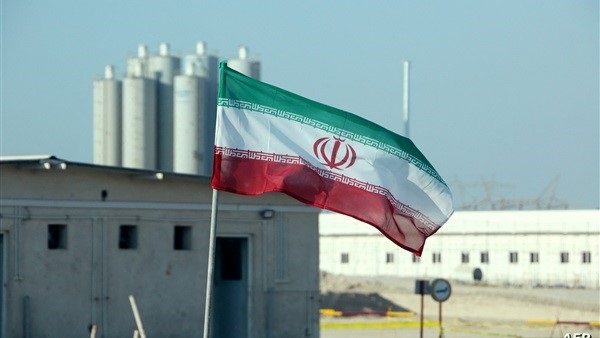Significance and messages of attack on religious shrine in Iran

One of the Shiite shrines in the city of Shiraz, in southern
Iran, was recently subjected to an armed attack. As a result, at least one
person was killed and eight others were injured, in the second attack of its
kind targeting the same shrine in less than a year.
ISIS claims responsibility
Iranian television announced that ISIS had claimed
responsibility for the attack that targeted the shrine of Shah Cheragh in
Shiraz. According to Iranian reports, the arrested terrorist holds a foreign
nationality and was in the process of carrying out a terrorist operation inside
the vicinity of the shrine.
According to the Iranian Tasnim news agency, one of the
attackers was arrested while the other fled. This is considered the second
attack, where the shrine itself was targeted last October, which resulted in 13
people killed and 30 others wounded. On that day, ISIS claimed responsibility
for the attack.
In July, the Mizan Online website affiliated with the
Iranian judicial authorities announced that two men were publicly executed for
their involvement in the attack on the shrine in Shiraz, noting that Mohammad
Ramez Rashidi and Naeem Hashem Qatali were executed after they were convicted
of charges of “corruption on earth, armed rebellion, and acting against national
security,” in addition to “conspiracy against the security of the country.”
Significance and messages
Dr. Masoud Ibrahim, an academic researcher specializing in
Iranian affairs, said in exclusive statements to the Reference that the attack
on the shrine was not the first of its kind, as the city had been subjected to
several terrorist operations before, all of which were claimed by ISIS.
According to Ibrahim, the timing of the latest operation has
great significance, as the operation took place in
light of riots and a popular uprising that have extended for nearly a year
after the killing of the Kurdish girl Mahsa Amini by the morality police in the
Iranian capital, Tehran. This incident was the cause of the outbreak of an
uprising in all Iranian provinces, especially the border areas, and in particular the Pakistani and Afghan borders.
Ibrahim pointed out that the interesting thing is that the
first suspect in the attack is from Afghanistan, which indicates that the
Afghan border is still a source of danger to the internal situation in Iran,
that ISIS and the Taliban are still a source of concern for the Iranian regime,
and that the recent attack won't be the last.
He said that this attack confirms the fragility of the internal
security situation in Iran due to the government's preoccupation with the files
of women and veils, leaving the security situation inside Iran permissible for
all. It is not hidden from anyone that the security breaches that affected
sensitive areas, as well as the killing of prominent officials in the regime at
the hands of foreign security services, whose members infiltrated the Iranian
interior and carried out their operations in the heart of the capital and in
broad daylight.
Ibrahim also believes that this attack was a message to
spread panic and fear in Iranian society and is the result of the successive
failure of the government and the Iranian regime to control the political,
economic and security situations in the country, as the regime is preoccupied
with its regional project, which has drawn it into direct and indirect
conflicts and wars with multiple parties, causing great confusion and loss of
control at all levels.
Ibrahim concluded his statements by saying that the Iranian
state is on the brink of economic collapse, the security situation is extremely
fragile, enemies are lurking on all borders, and the regime is preoccupied with
its nuclear program and hostility with America in files that aim only to
consolidate its foundations at the expense of the lives and well-being of its
people.





